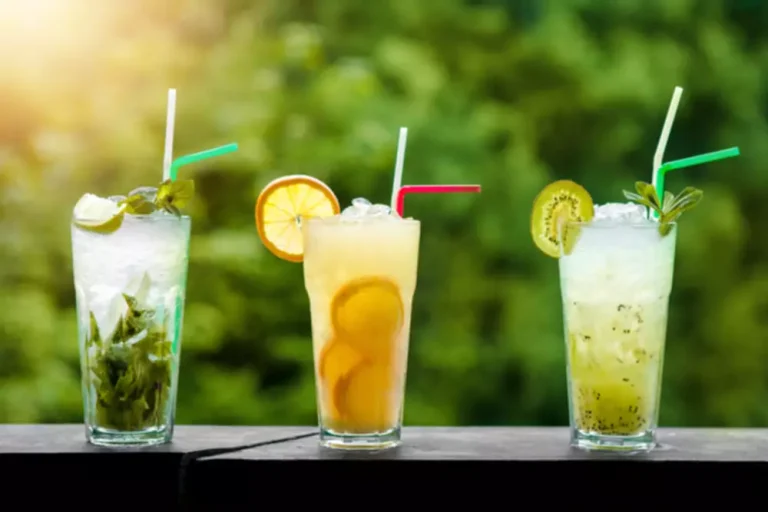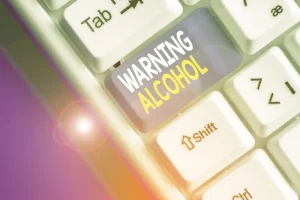
In this article, we’ll explore the relationship between alcohol and blood thinning. Long-term heavy drinking is linked to an elevated risk of several cancers, including liver, breast, esophagus, and mouth cancers. A treatment center will attempt to verify your health insurance benefits and/or necessary authorizations on your behalf. Please note, this is only a quote of benefits and/or authorization. We cannot guarantee payment or verification eligibility as conveyed by your health insurance provider will be accurate and complete. Payment of benefits are subject to all terms, conditions, limitations, and exclusions of the member’s contract at time of service.
- If you want to thicken your blood naturally after drinking alcohol, one of the best ways to do it is by consuming foods that are high in vitamin K.
- Lastly, he obtained graduate education in public health and business administration to contribute to national healthcare reform research and implementation.
- These drugs play a crucial role in managing conditions related to blood clotting and circulation.
Impact of Alcohol on Blood Clotting
He works with patients suffering from Substance Use Disorder to evaluate their medication needs and prescribe treatments accordingly. In addition, he regularly participates in all-staff debriefing sessions involving peers, nurses, and other prescribers. He also reviews and advises on policies, procedures, and techniques for treating substance use disorder.
Reduction in Fibrinogen
The review authors highlighted that previous research has suggested drinking significant amounts of alcohol every day has links to a higher risk of developing high blood pressure. They also discussed studies that indicated higher levels of alcohol consumption have associations with an increased risk of stroke, atrial fibrillation, and heart failure. If your blood glucose level is too high—usually anything above 200 mg/dL for people with diabetes—you should follow the treatment plan prescribed by your healthcare provider. This may include drinking water, going for a walk, checking for ketones, or taking insulin medication based on your individual blood glucose results. Eliquis can cause serious, life-threatening, or even fatal bleeding. Taking Eliquis with other medications that affect bleeding/clotting increases the risk even further.
How to Thicken Your Blood After Drinking Alcohol
One of the oldest blood thinners still in widespread use is warfarin (Coumadin). Of all the blood thinners available today, warfarin is most strongly affected by excessive alcohol consumption. However, moderate consumption doesn’t significantly affect the metabolism of warfarin. People taking blood thinners are cautioned against drinking alcohol, but research has found that it is generally safe when done so infrequently and in moderation. Speak to a healthcare provider before drinking alcohol while on blood thinners. For example, a blood clot can form elsewhere in the body and travel to the heart, lungs, or brain.
Lifestyle Factors for Optimal Circulation
Bleeding during surgery can increase the length of time a person needs to stay in the hospital and increase the risk of complications and death. Other medicines and supplements, including over-the-counter ones, can interfere with these drugs. Tell all of your doctors, including your dentist, that you’re taking a blood thinner. Don’t start any new medicines or supplements without talking to your doctor first. Taking over-the-counter bismuth subsalicylate (Pepto Bismol and others) can also increase bleeding with blood thinners because it falls into the same medication category as aspirin. Various foods, herbs, and medications can interfere with blood thinners.

Alcohol can also interfere with the activity of certain enzymes involved in blood clotting, such as thrombin.

There isn’t enough research available to determine whether the effect of alcohol on blood thinning varies significantly based on age or sex. However, as mentioned earlier, factors like age and overall health can affect how much alcohol is considered safe for an individual to consume. People vary in their response to alcohol due to factors such as genetics, body weight, metabolism, and overall health. Some individuals may experience more pronounced effects on blood thinning after consuming alcohol, while others may have a minimal response. It is important to recognize that what may be true for one person may not apply to another.
Other Health Risks
- It’s important to speak with your doctor or cardiologist about your diet and how it may impact the effectiveness of your medication.
- Home testing with the random plasma glucose test is where most people face problems.
- “The good news is that earlier stages of steatotic liver disease are usually completely reversible in about four to six weeks if you abstain from drinking alcohol,” Dr. Sengupta assures.
- Insulin moves glucose into cells as they need it and stores the rest to use later.
The effects of alcohol on the blood are either short- or long-term. Short-term, you can expect an increase in blood pressure and higher cortisol levels. The effects of blood thinners and alcohol alcohol consumption on blood pressure and heart rate can last up to 13 hours after drinking, and its effects on heart rate can last up to 24 hours after drinking.


